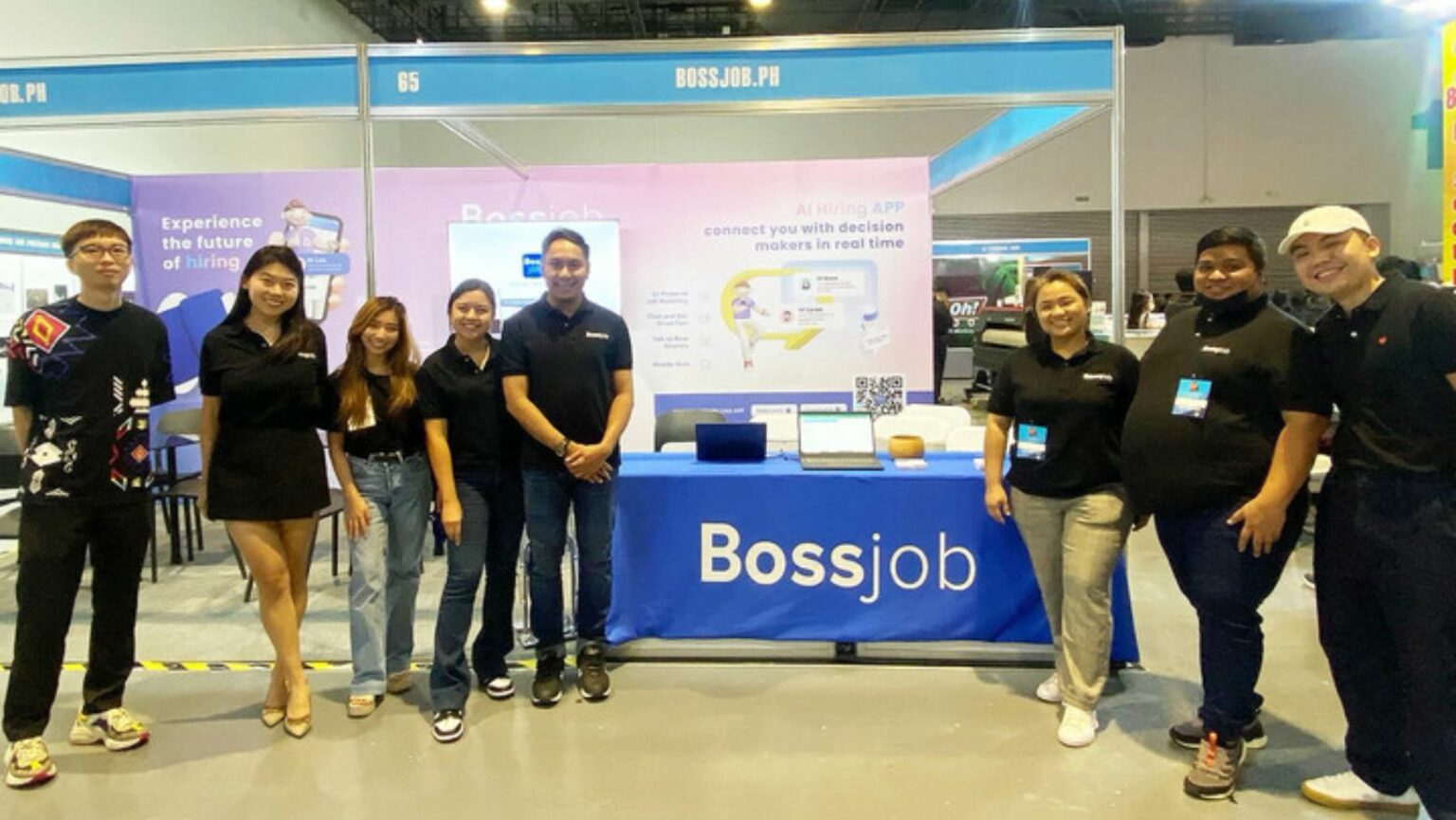Manila-based Bossjob, a professional hiring platform leveraging chat-first technology, has announced the expansion of its services into the Japanese market. Backed by a $5 million seed fund, the move signifies Bossjob’s commitment to globalizing talent acquisition and addressing the potential talent shortfalls projected in Japan.
For a limited period, Bossjob will offer Japanese companies free access to its platform, enabling them to recruit talents from various countries. Utilizing its AI-powered direct chat model, Bossjob aims to streamline the hiring process for Japanese employers, enhancing user experience and expediting talent acquisition.
The need for diverse talent in Japan is critical. According to the Japanese Ministry of Economy, Trade, and Industry, the country may face a potential talent shortfall ranging from 160,000 to 790,000 by 2030. To tackle this, the Japanese Cabinet has expanded the scope for foreign workers with proficient skills in nine industries to work in Japan.
Also Read: Google’s Alliance with IMDA: Steering Singapore Businesses Toward a Privacy-First Future
Anthony Garcia, Co-Founder and Chief Executive Officer of Bossjob, affirmed the high demand for talent in Japanese companies. “We aim to meet this need by providing efficient talent services with a focus on superior user experience,” Garcia stated.
Kiat How Quak, Bossjob’s Co-Founder and Chief Operating Officer, expressed that the company’s expansion into the Japanese market is a strategic part of their globalization efforts. By connecting Japanese employers with the vast, diverse talent pool in Southeast Asia, Bossjob is poised to fulfill the recruitment needs across various industries.
The innovative approach of Bossjob integrates mobile technology, direct chat, and AI-matching, providing job seekers and employers an effective communication platform that facilitates seamless recruitment.
The expansion into Japan follows Bossjob’s successful entry into Singapore and Indonesia in May. The company also plans to extend its footprint into Hong Kong in the third quarter of the year, with the ultimate aim of reaching over 30 million users in Southeast Asia by 2026.
News Source: This article is based on a report by Marketech APAC.

















